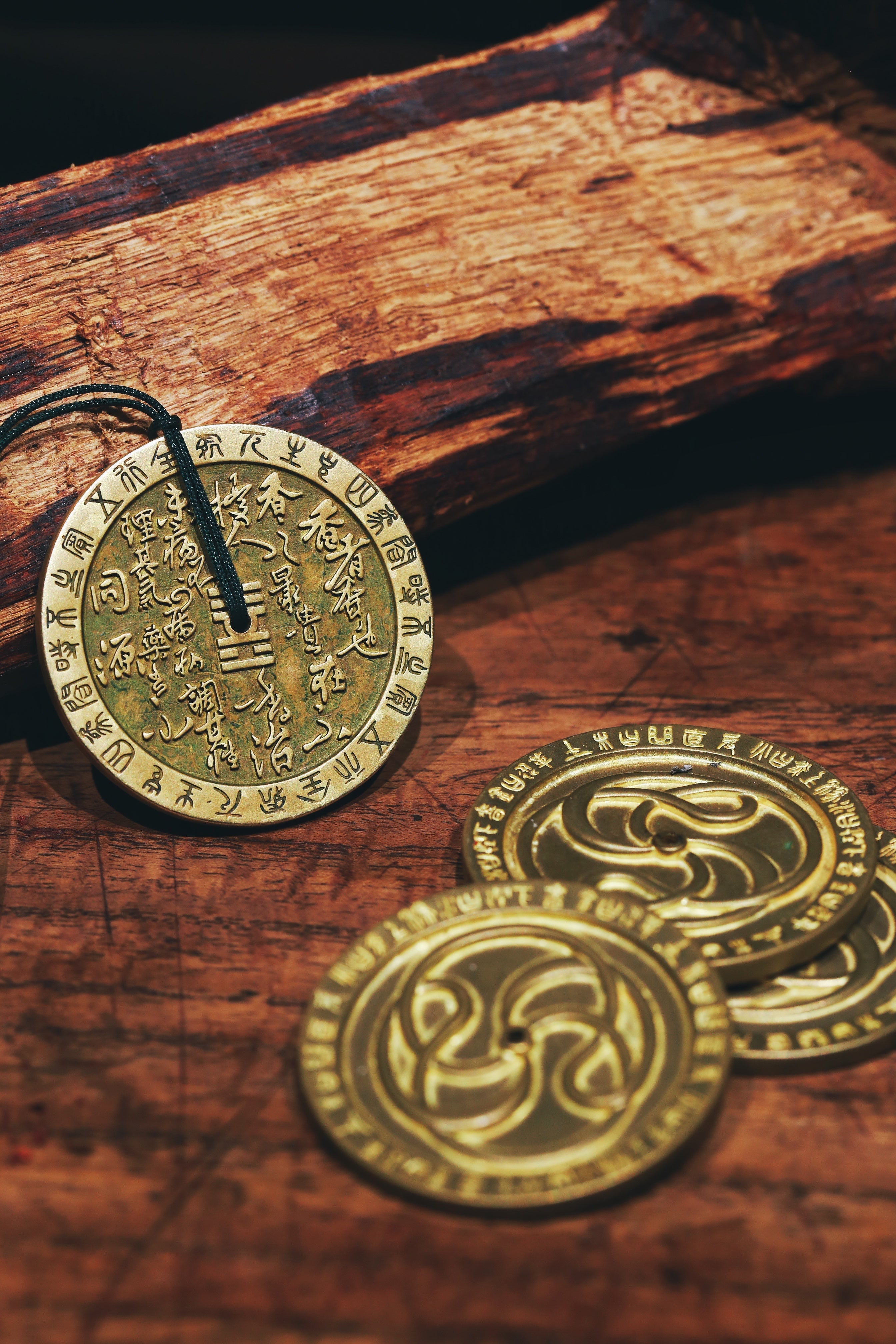An Introduction to the Ancient Chinese Culture of Fragrance

Introduction
The ancient Chinese culture of fragrance has a long history, where scent is not only an enjoyment in life but also a reflection of culture, philosophy, and art. Fragrance culture played an important role in ancient society, influencing people's lifestyles, aesthetic values, and spiritual pursuits.
I. Historical Origins of Fragrance
The origins of fragrance culture can be traced back to ancient times. As early as in the "Rites of Zhou," there are records of fragrances used in rituals, ceremonies, and medicine. Over time, fragrance culture evolved into a way of aesthetic appreciation and enjoyment.
II. Materials and Types of Fragrance
Ancient China had a wide variety of fragrances, mainly divided into natural and artificial scents. Natural fragrances include sandalwood, agarwood, and ambergris, while artificial fragrances are created by blending various materials. These fragrances not only possess unique aromas but also carry rich cultural connotations and symbolic meanings.
III. Etiquette and Customs of Fragrance
In ancient times, fragrance was not only a personal enjoyment but also a social activity. Scholars and literati often used fragrance as a medium to communicate thoughts and express emotions during gatherings. The etiquette surrounding fragrance was quite elaborate, typically requiring specific settings, corresponding foods, and music to create a harmonious atmosphere.
IV. Fragrance and Philosophical Thought
Fragrance culture is closely related to philosophical thoughts such as Daoism and Confucianism. Daoism emphasizes "the way is natural," believing that fragrance can help individuals achieve spiritual tranquility and harmony; Confucianism views fragrance as an important component of etiquette, highlighting its role in social interactions.
V. Artistic Expression of Fragrance
In ancient literature, painting, and music, fragrance culture was also fully expressed. Poetry often depicts the allure of scents, while paintings incorporate elements like incense burners and fragrances to convey a sense of elegance in life. Music includes works themed around fragrance, creating a serene and relaxed atmosphere.
Conclusion
The ancient Chinese culture of fragrance is not merely a sensory experience but a profound understanding of the art of living. It integrates history, philosophy, and art, becoming an essential part of Chinese culture. With the development of modern society, fragrance culture continues to be passed down and innovated, making it worthy of our exploration and appreciation.







![[Simplicity Incense Trial Version] Incense Natural Incense Simplicity, 100% Natural Ingredients, Oriental Philosophy-Inspired Fragrance Practice.](http://therapyincense.com/cdn/shop/files/Chinese-Herbal-Incense-For-Healing_small.jpg?v=1735617918)